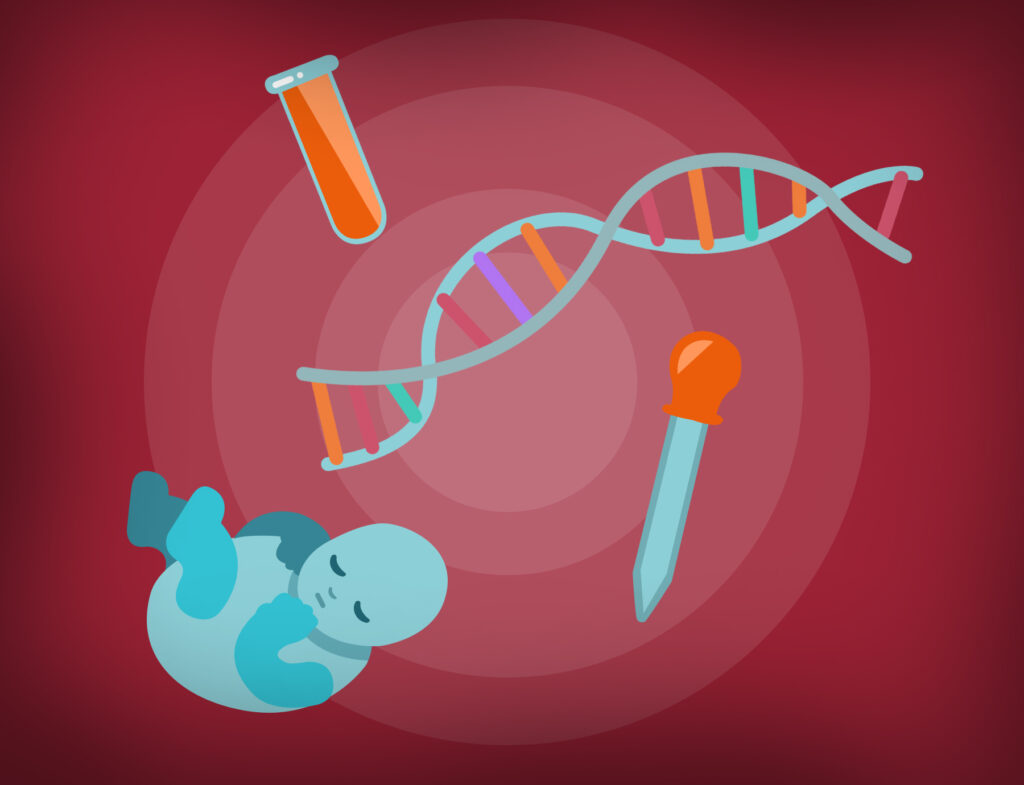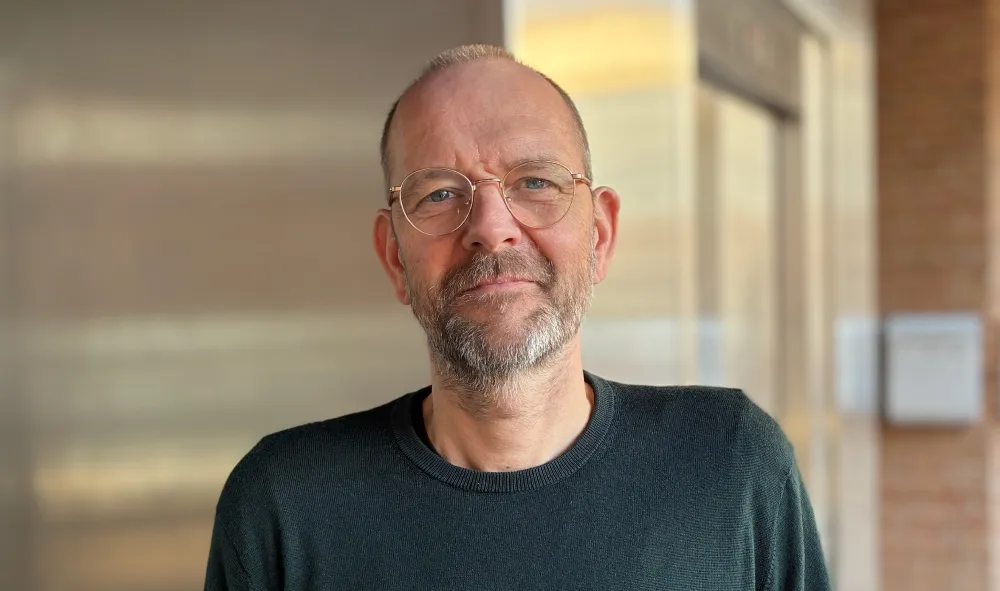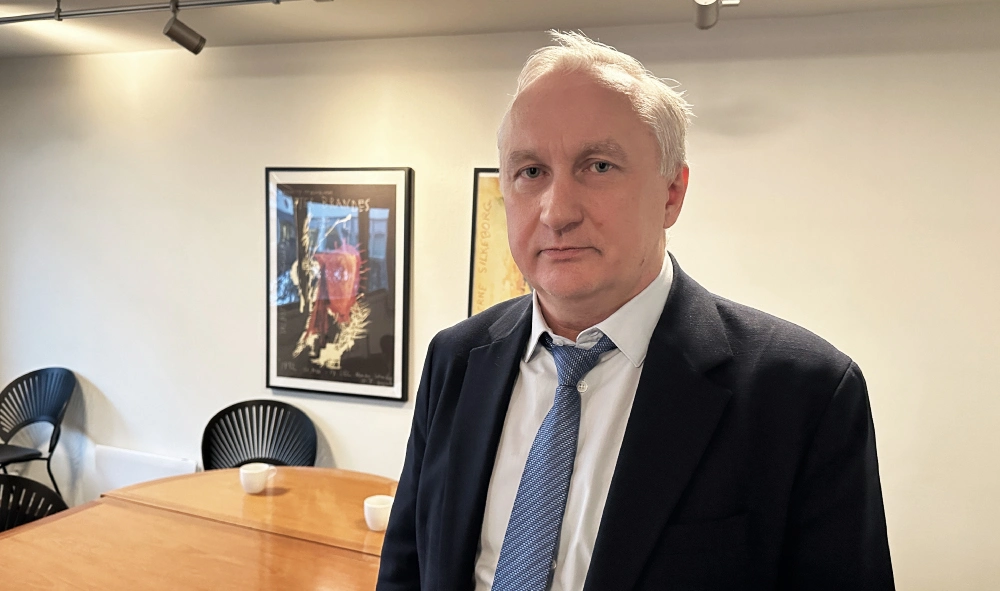What are you currently researching?
»I am currently researching an epigenetic study on family therapy interventions aimed at reducing the effects of maternal PTSD and the transgenerational transmission of trauma among children in post-war Kosovo«.
How could this research benefit individuals with PTSD resulting from war and torture?
»We have successfully identified potential biomarkers and biological processes through which the adverse effects of trauma are transmitted across generations. We conducted the first epigenetic study of transgenerational trauma among wartime rape victims and their children in Kosovo. Our findings indicate that children born to mothers who had PTSD during pregnancy show changes in their DNA that affect genes related to metabolism, hormone regulation, and other important biological functions. Therefore, it is important to screen at-risk children born in the post-conflict setting«.
Why is this important?
»Because the daily stressors to mental health problems interlink with these biological functions (related to metabolism, hormone regulation. Immune responses etc.). Genetic, psychological, biological and environmental factors can impact both mental health and physical function in children«.
What are the implications of these findings?
»The study suggests that maternal PTSD during pregnancy affects the genes of their offspring. These genetic changes can become biologically embedded, potentially influencing both short- and long-term development and increasing the risk of disease later in life, impacting both physical and mental health. We are particularly excited about the potential to break the cycles of transgenerational trauma by screening high-risk groups in post-conflict settings and providing the family-based intervention to them. This approach could enhance overall family health and alleviate daily stressors and behavioral issues in at-risk children by using family therapy«.
How did family therapy help?
»We found that family therapy reduced stress levels in children, as shown by lower cortisol levels, and also caused changes in their DNA. Mothers and children reported that the family intervention improved communication within the family, promoted resilience, socio-emotional learning, coping skills, and social behavior in children. Our findings suggest significant benefits of family interventions, especially for children born to women with PTSD during pregnancy. This is promising because early, tailored interventions have the potential to address underlying issues before they escalate, thereby breaking the intergenerational transmission of trauma«.

Shr-Jie Sharlenna Wang. Senior Researcher
Area: Prevalence and pattern of torture and organized violence; refugees; PTSD; transgenerational trauma; epigenetic mechanism; cost-effectiveness evaluation; randomized controlled trial; scale validation; school and community intervention





